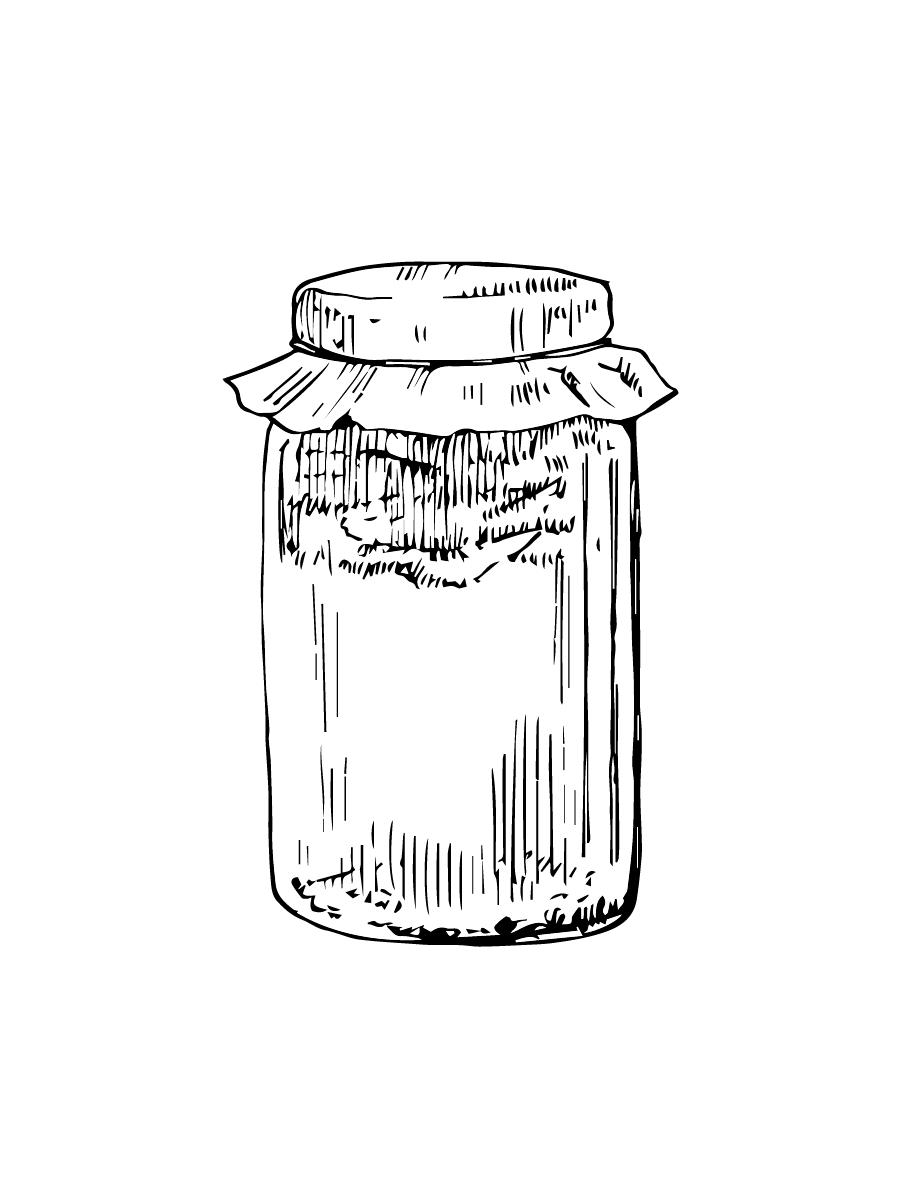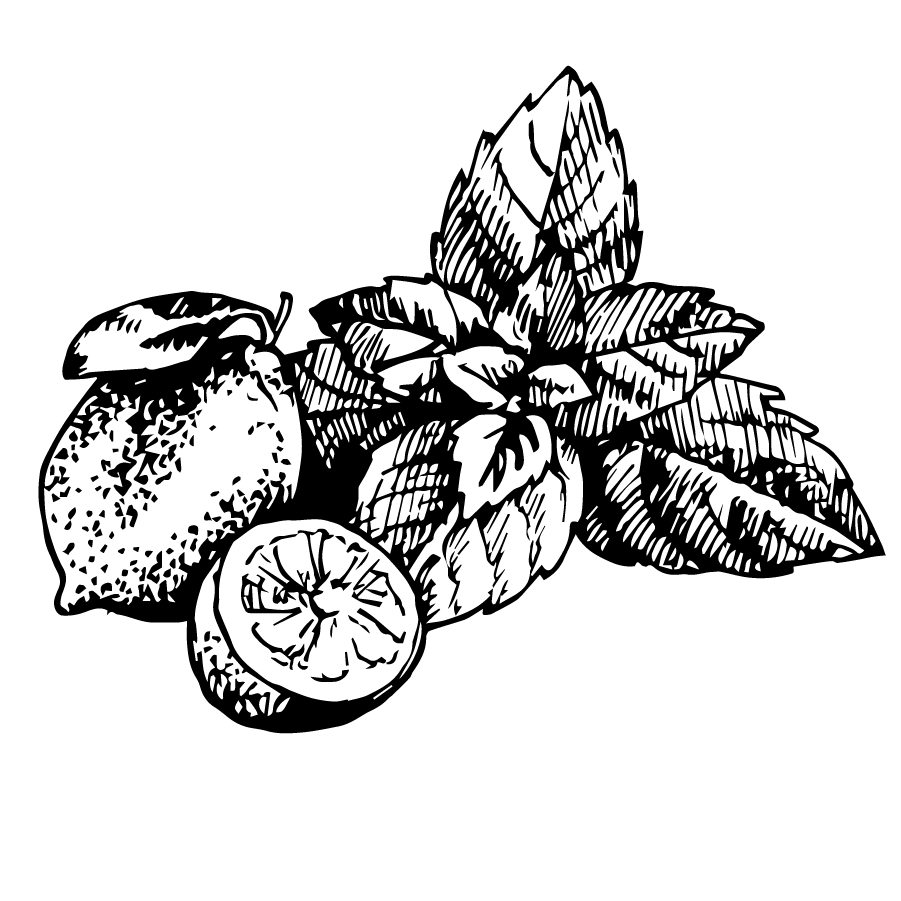Frequently Asked Questions



Can I get local Doorstep Delivery?
Delivery by Farr Out cycle couriers is available within the limits of the City Bypass (see below map). If you are outside this area, we will need to post our order. If you are not sure whether you are in this area, please send us a quick email!
What should I eat my fermented vegetables with?
Our ferments taste great on the side of most dishes. Try them with eggs, with a curry, on a sandwich, with grilled chicken or fish. You can use them any time you’d have a side salad or a chutney.
Can I cook with your fermented vegetables?
Yes. Although cooking will kill the live cultures. That said, they add invaluable delicious complimentary flavours to many dishes. Visit our recipes page for ideas in incorporating fermented vegetables into everyday meals.
Do they need to be kept refrigerated?
Yes. Cool temperatures stall the fermentation process while keeping it alive, although they are quite tolerant of temperature changes. If you leave a jar of fermented vegetables at room temperature, it accelerates the ripening process so just don’t leave them out of the fridge for long periods of time. Similar to the way a fine cheese ages, it is a handcrafted food that is brimming with naturally occurring bacteria cultures in an active fermentation state.
Push the vegetables down with a clean spoon to keep them at their best.
Please note: Sauerkraut which is kept on the shelves of the supermarket has been pasteurised which means the probiotics have been eradicated.
How much should I eat?
Start small with a couple of teaspoons a day and slowly build it up to about a quarter cup per day. Try some with pizza, or avocado on toast. Mix some in with salad or have on the side of a curry. Before you know it you will be craving fermented vegetables with every meal.
I can’t get the lid off!
Our creations are alive, so sometimes they create pressure in the jar. Try holding it under warm running water.
My jar has leaked or the lid is bulging. Is it still safe to eat?
All of our jars are hand packed and are raw and unpasteurised, therefore they continue to actively ferment inside the jar. Sometimes, you may open a jar and no reaction will occur. Other times, it may pop and overflow similarly to a bottle of champagne.
Either way, it is still safe to eat. Bubbles of carbon dioxide are a natural by-product of fermentation and show that it’s ‘alive’. This can cause the jars to leak juice.
As fermented vegetables are alive they will continue to change over time. Temperature and exposure to oxygen impact the flavour much like wine or cheese. As they mature, they will take on unique and distinct taste profiles of tangy notes and develop into deeper, earthier characteristics.
My pouch has leaked or has swelled and is bulging. Is it still safe to eat?
All of our pouches are hand packed and are raw and unpasteurised, therefore they continue to actively ferment inside the pouch. Sometimes, you may open a pouch and no reaction will occur. Other times, it may pop and overflow similarly to a bottle of champagne.
Either way, it is still safe to eat. Bubbles of carbon dioxide are a natural by-product of fermentation and show that it’s ‘alive’. This can cause the jars to leak juice.
As fermented vegetables are alive they will continue to change over time. Temperature and exposure to oxygen impact the flavour much like wine or cheese. As they mature, they will take on unique and distinct taste profiles of tangy notes and develop into deeper, earthier characteristics.
How should I recycle the postal pouches?
In order to better manage our lively ferments through the postal system, we have now switched to recyclable plastic pouches for our ferments in our postal orders. These are made from Level 4 recycled plastic, which can be regranulated and used in extruding new plastic pouches. Depending on your local council, these may not be uplifted in kerbside collections, but instead can be recycled along with plastic bags at recycling points.
How long do you ferment the vegetables before jarring them?
We ferment the vegetables naturally using only salt, spices and vegetables for at least three weeks, sometimes up to five weeks. This ensures that the three stages of fermentation have been completed and the correct pH has been reached.
What’s the difference between pickled and fermented veg?
There’s often confusion over the difference between pickled foods and fermented ones. Pickles are preserved in an acidic liquid, typically vinegar. Although vinegar is a product of fermentation the pickles themselves are not fermented, and so do not offer the same health benefits as fermented vegetables.
Why do you use Himalayan pink salt?
Pink Himalayan sea salt contains over 84 minerals and trace elements, including calcium, magnesium, potassium, copper and iron, so it does more than just make your food taste better! We usually incorporate this in a mixture with Fleur de Sal for our recipes.
Not got the answer you are looking for?
Please email us, we are always more than happy to help!

About Lacto-fermentation
Fermented foods are foods that have been through a process of lacto-fermentation in which natural bacteria feed on the sugar and starch in the food creating lactic acid. This process preserves the food and can create beneficial enzymes, b-vitamins, Omega-3 fatty acids, and various strains of probiotics. Some people liken this to a predigestion, which could make it easier for your body to absorb the nutrients. Fermented foods are often rich in probiotic bacteria, so by consuming fermented foods you could add beneficial bacteria and enzymes to your overall intestinal flora, increasing the health of your gut microbiome and digestive system and enhancing the immune system.
Digestion and absorption
As some of the sugars and starches in food have been broken down through the process, fermented foods can be easier to digest. For example, fermentation breaks down the lactose in milk to simpler sugars – glucose and galactose – which, if you are lactose intolerant, can make products such as yoghurt and cheese potentially easier to digest.
Synthesis and availability of nutrients
Fermentation can also increase the availability of vitamins and minerals for our bodies to absorb. Additionally, by boosting the beneficial bacteria in your gut, this could aid their ability to manufacture B vitamins and synthesise vitamin K.
Immune functions
A large proportion of the immune system is housed in the gut. By consuming probiotic-rich foods, you are supporting the mucosa (gut lining) as a natural barrier, making the immune system more robust. A lack of beneficial bacteria allows disease-causing microbes to grow causing inflammation in the gut wall. If you have recently taken a course of antibiotics, fermented foods can be particularly helpful.
Mood and behaviour
Recent research has highlighted a connection between the gut and the brain and that the gut is lined with neurons that can influence our emotions and feelings. Serotonin, a neurotransmitter involved in mood, is made in the gut and research suggests that as probiotic bacteria can contribute to a healthy gut, they can also be linked to a healthy mind.


